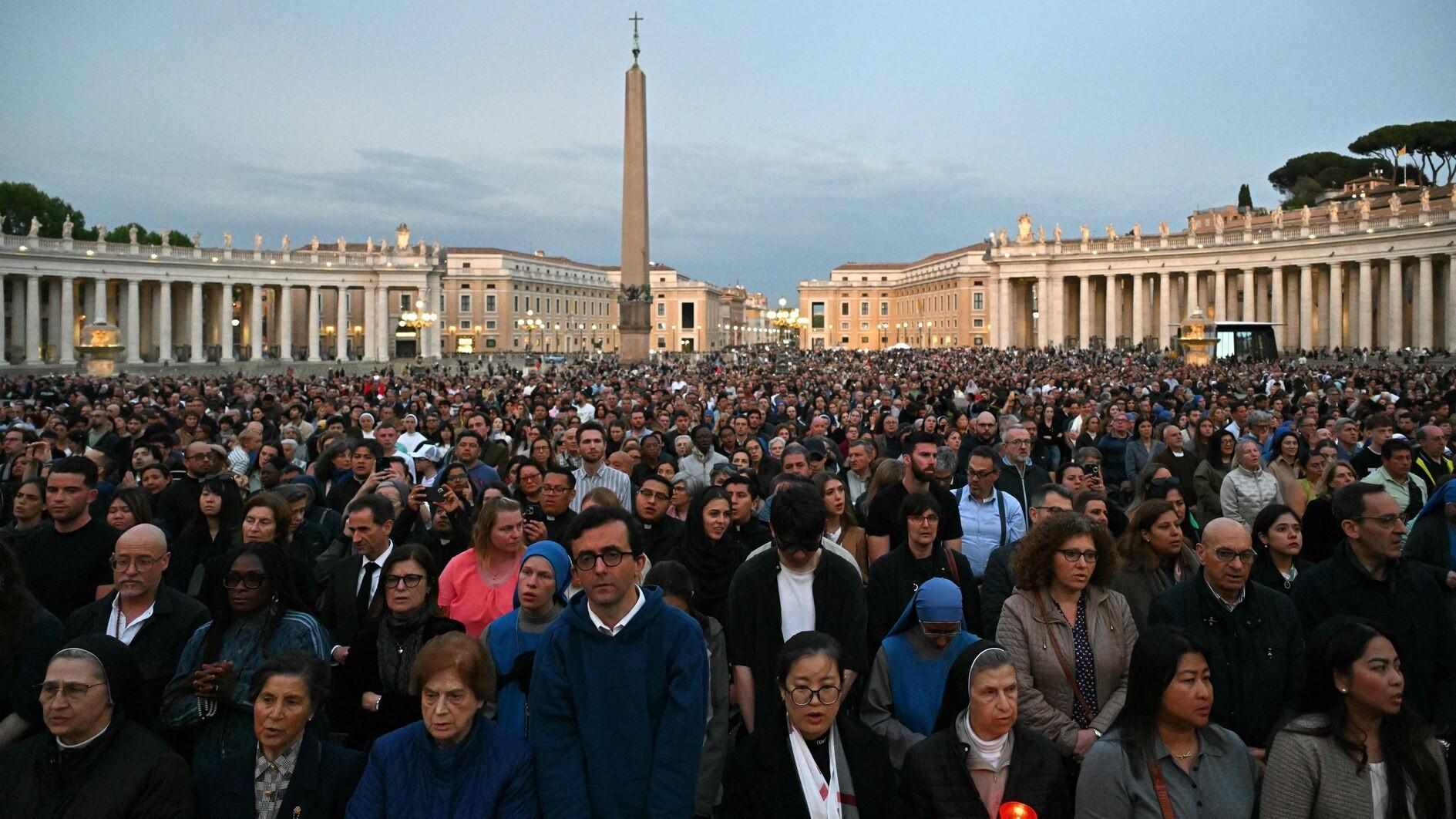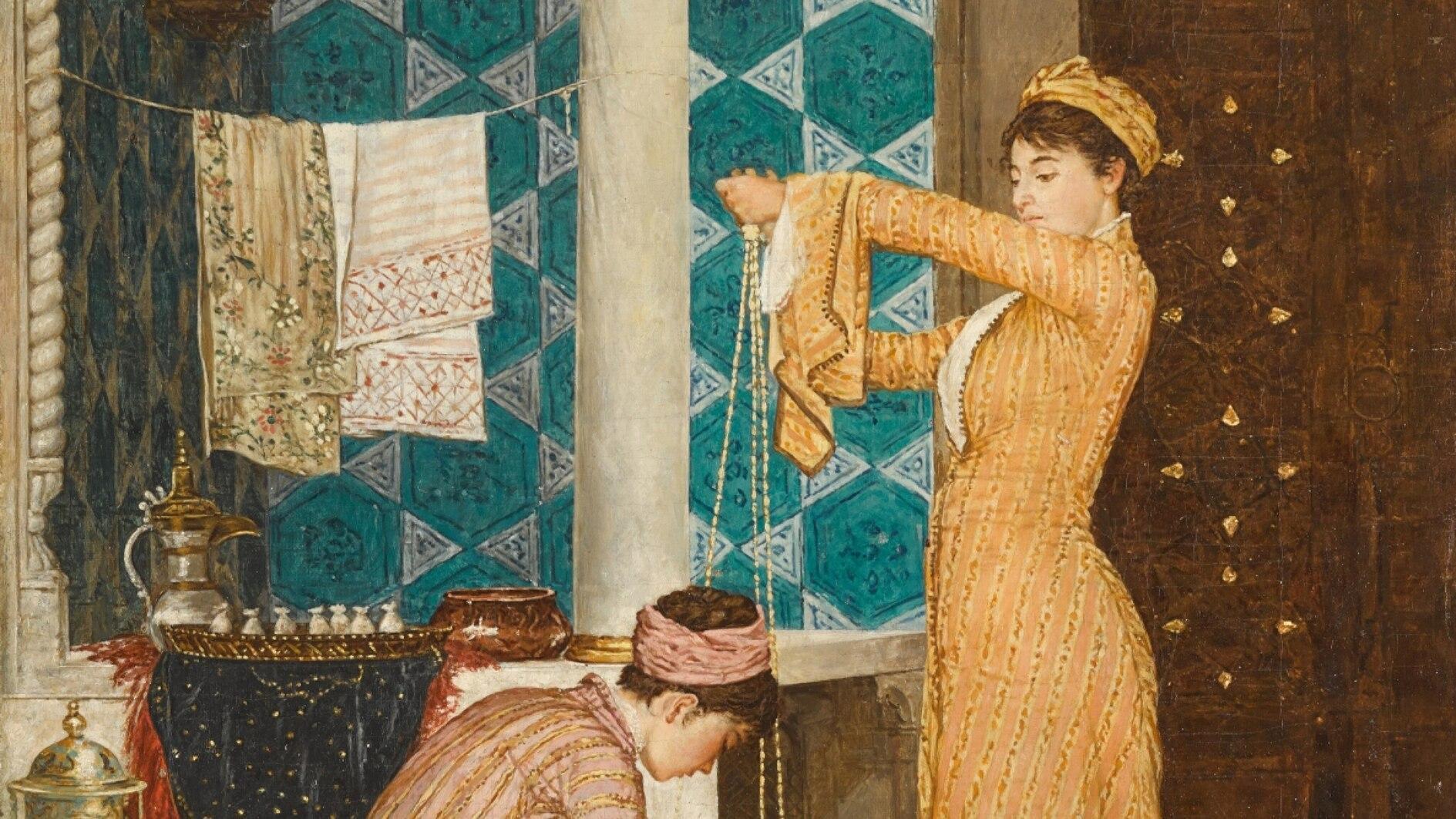2012: A tough year
The world and Turkey, especially within the last five years, have experienced head-spinning events. In fact, the turbulent environment of the last five years does not indicate anything but an even more difficult year ahead.
The negative energy – which has been carried into the new year by the political crisis, economic fragilities, and revolutions – is alone enough reason for concern. As if that’s not enough, 2012 is a year of elections for many countries, including the United States. In brief, 2012 will be a year in which a) The dynamics of the Sept. 11 world are mobilized; b) The global and regional readjustments in the wake of the economic crisis become inevitable; and c) Accounts are settled in the aftermath of the Arab Spring’s rendering of the Camp David order as inconsequential.
The high cost of neo-con U.S. intervention in Afghanistan and Iraq remains. George W. Bush’s tragic rhetoric of “mission accomplished” has already turned into a “lost and unforgotten mission.” Today, we find ourselves roughly at the same point of destruction the U.S. initially caused with both invasions. As if that’s not enough, the regional and sectarian extensions of the invasion have produced negative dynamics that will cause greater costs than the cost of the invasion itself.
The second issue is the economic crisis that has shaken the world. The global political economy paradigm of the modern world system is far from being capable of building an order. By 2025, the size of the collective economies of Brazil, China, Indonesia, India, Mexico, Russia and Turkey may exceed the G-7 economies. Similarly, by 2020 these emerging economies will produce 40 percent of gross world product. Turkey in the Middle East and the Balkans; China, in East Asia; India in South Asia; Brazil in Latin America; and Mexico in Central America are becoming the largest economies of their regions. All these developments not only indicate the need for a new world order, but also reveal that a new world order has begun to be shaped.
It is necessary to mention that developments that can be the cause of a series of concerns about the future are about to emerge, unless the North steps up, in the near future, to become an assisting force in the restructuring of the world systems. The North believes that the more it prolongs the established order, the more it will gain. In the relatively near future, the fate of the new world system and world peace will depend on the extent of the Northern powers’ “rational reactions” to the transformation of the global political economic order. The Northern powers had reacted to the most recent global crises at the level of “Ponzi solutions.” A similar response may result in a catastrophe like the globalization of the cost of World War II.
Finally, although articulated, the Arab Spring and the uprisings have de facto put an end to the regionally established order. This established order is none other than the Camp David order. In our region, questions regarding the future and the mechanics of the new order will probably be avoided for a while. However, it is clear that many political actors, including Turkey, will have to face these questions in 2012!










